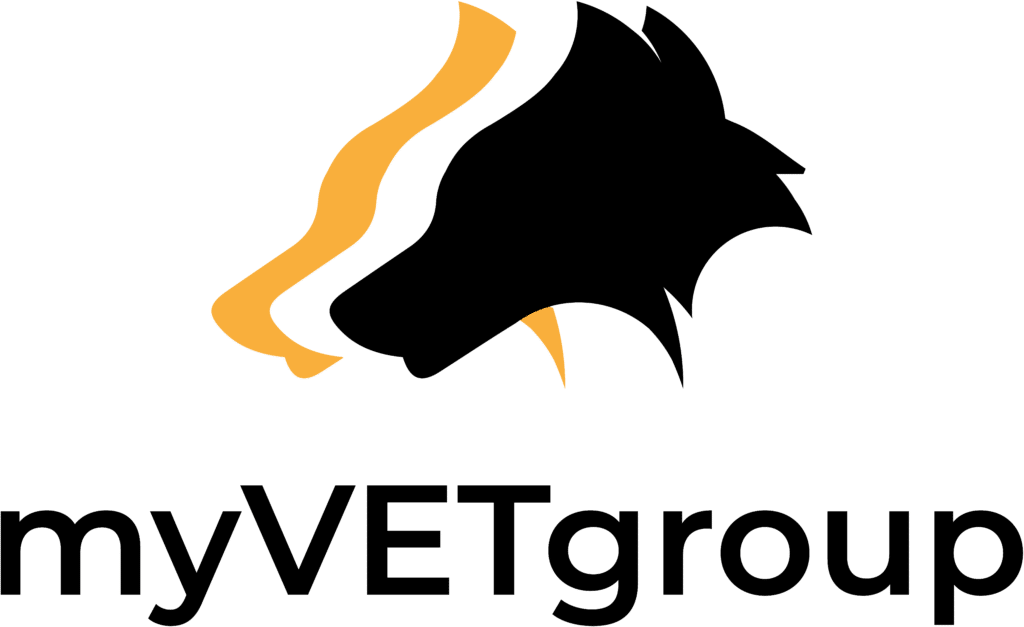Buying an established practice is often the best option for those who want to be in charge of their own business. To purchase or sell a veterinary practice, you should keep a few things in mind. First, you will need to decide if you want to buy an existing practice or start a new one from scratch. Both options have pros and cons, so it is important to weigh your options carefully.
If you decide to buy an existing practice, you will need to consider the location, size, and type of practice you are interested in. You will also need to take into account the current staff and clientele. It is essential to ensure that the practice you are interested in is a good fit for you and your family.
To start a new practice, you must consider the start-up costs. These can be significant, so you will need to be sure you have the financial resources to cover them. You will also need to consider the location and type of practice you want to start. There are many factors to consider when starting a new practice, so it is important to do your research and consult with experts to make sure you are making the best decisions for your situation.
No matter which option you choose, buying or selling a veterinary practice can be a complex process. It is crucial to seek the advice of experts to ensure you are making the best decisions for your situation. Here are some valuable tips to help you along the way:
Find a Great Price
You should try to buy a practice at a reasonable price, so your monthly payments will be lower. It is also best that you understand the valuation process so that you can make sure you are getting a fair price.
Remember that a practice should bring in enough money to pay off the loan for the practice purchase within 10 years. This is a long time, and a lot can happen during that time, but it’s essential to have a plan for how you’ll handle the loan.
Opt for Favorable Interest
It was common for practice loans to have an interest rate of 9 to 12 percent. However, if you’re smart about it, you can get a loan with an interest rate of 3.5 to 7.5 percent. If the owner of the practice is willing to provide the financing, they may want a higher interest rate because it’s usually an unsecured loan. This may be beneficial because banks are generally less understanding than previous owners, who are more likely to be lenient during “slow times” and may not charge late fees as often.
Invest in Valuations
It’s important to keep an up-to-date value of your practice, whether you’re looking to sell it or not. This will give you a good idea of what it’s worth and how to improve it. As a seller, you may wonder if you should finance the buyer’s purchase or just receive cash.
Cashing out is a good option during these uncertain economic times, but you may also want to consider receiving monthly mortgage payments. We suggest letting the bank finance most of the purchase and asking the seller to fund the remaining percent. This way, you can reduce risk while still providing the seller with monthly income.
Conclusion
There are a few key things to keep in mind when buying or selling a veterinary practice. First, it’s essential to consult an accountant or business advisor to get an accurate valuation of the practice. Second, it’s crucial to have a clear understanding of the practice’s financials, including revenue, expenses, and debt.
Finally, consulting with a lawyer is vital to ensure that all legal paperwork is in order. With these things in mind, buying or selling a veterinary practice can be a smooth and seamless process.
For skilled accountants for veterinary practices, rely on myVETgroup. We have over 56 years of combined veterinary industry experience as former clinic owners and buyers, creating value and shared success for our clients, team, partners, and communities. Book a call.

